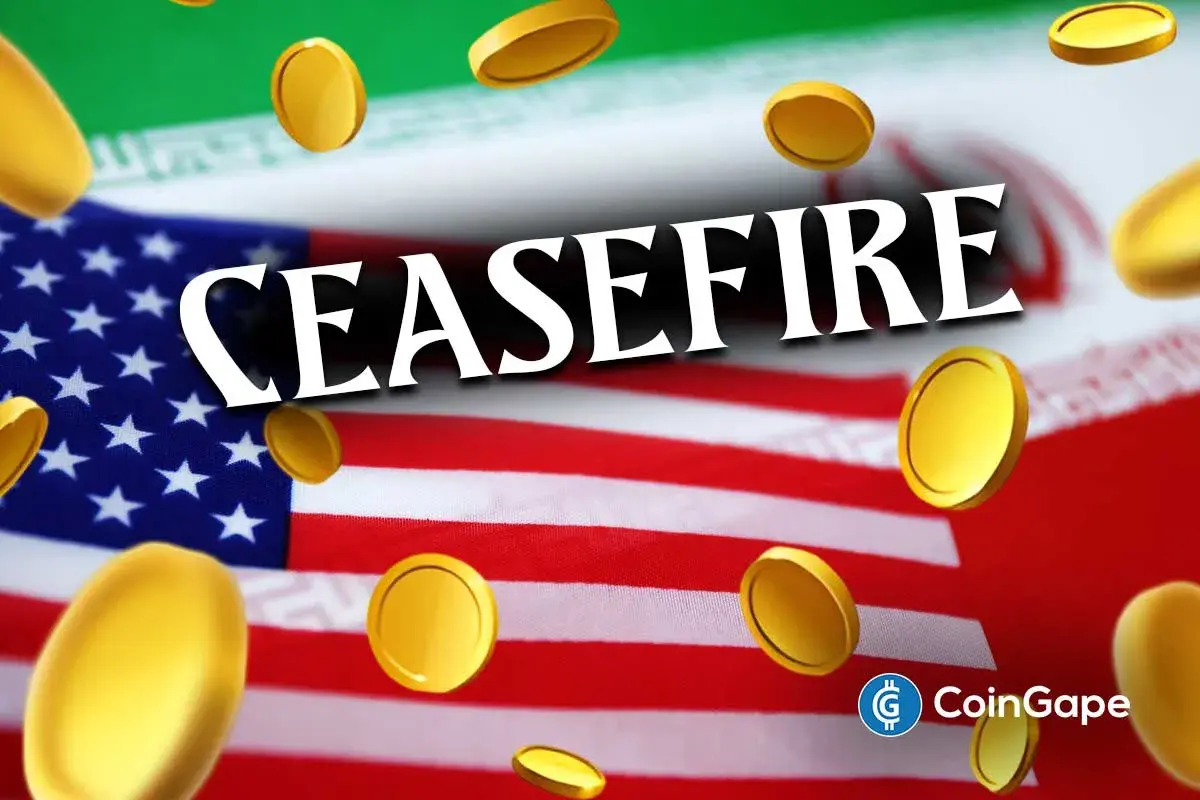G20 Summit in Action: The Debate Over “Bitcoin- Asset Vs Currency” is ON
As countries increasingly define cryptocurrencies as an asset instead of a currency, G20 summit 2018 is going to have a detailed discussion of this classification. However, by defining the cryptos as assets, countries can subject them to capital gains tax and earn massive revenue.
G20 Summit 2018 day 2: Bitcoin an asset, subject to capital gains tax
The G20 Summit at Buenos Aires in Argentina has been set into motion yesterday with the meeting of central bank governors and finance ministers. The recent surge in the tax evasions of cryptocurrency investment is certainly the point of focus for the finance ministers.
Countries over the world are increasingly approaching the bitcoin among other cryptocurrencies as an asset. Given the fact that asset means the countries would be able to collect tax from them, this facet has an appeal.
The association of G20 countries in the summit are moving towards a consensus pertaining to cryptocurrencies being an asset instead of money. If cryptos get defined as money, there is a huge possibility that trades would be subject to the capital gains tax.
Reportedly, the draft of G20 communique states that cryptocurrencies lack the attributes of the currency created by countries. The issue is scheduled to be discussed in detail on the second day of summit i.e Tuesday.
Also, read: Thailand Legalizing TheCryptocurrency & ICO Market
A regulatory framework to classify cryptos as an asset
The president of De Nederlandsche Bank, the central bank of Netherlands, Klaas Knot who also chairs the standards committee of Financial Standard Board on vulnerabilities assessment expressed his intentions with:
“Whether you call it crypto assets, crypto tokens — definitely not cryptocurrencies — let that be clear a message as far as I’m concerned. I don’t think any of these cryptos satisfy the three roles money plays in an economy.”
The US, Russia, Israel, and China already see cryptocurrency as assets. Recently, the Internal Revenue Service (IRS) of US reportedly faced issues as about a handful of 100 people filed their federal tax returns in comparison to the required 250,000.
About months ago, cryptocurrencies were not the talking point of G20 summit but the wide popularity and wild investment streak of this market have brought forth the issues of cyber theft, money laundering and so much more, resulting in governments’ attention from all over the globe.
While the crypto industry is in its early stage, countries are eager to set up a regulatory framework that not only protects the consumer interests but also provides them the opportunity to collect taxes on them. And by recognizing the digital currencies as assets, the governments would be able to monitor them through regulations.
What are your views on the G20 Summit 2018 debate of cryptocurrencies being assets vs currencies? Share your thoughts with us!
Play 10,000+ Casino Games at BC Game with Ease
- Instant Deposits And Withdrawals
- Crypto Casino And Sports Betting
- Exclusive Bonuses And Rewards

- From Mining Pool to Infrastructure Platform: Nine Years of EMCD
- U.S.-Iran War: U.S. Oil Prices Spike To One-Year High, Bitcoin and Gold Dip
- Crypto Traders Bet Against U.S.-Iran Ceasefire This Month as Iran Denies Peace Talks
- Ripple Prime Adds Support For Bitcoin, Ethereum, XRP, Solana Derivatives on Coinbase
- Bitcoin Price Still Risks Decline If Iran War Mirrors Ukraine War Market Reaction, JPMorgan Warns
- HOOD Stock Targets $100 as Robinhood Unveils Platinum Card and Advance Dividend Feature
- Bitcoin Price Prediction if Donald Trump Signs the CLARITY Act on April 3, 2026
- Pi Network Price As BTC Rallies Above $74K: Can PI Coin Extend Gains to $0.30?
- XRP Price As Bitcoin Reclaims $74K- Is $5 Next?
- Dogecoin Price Outlook as BTC Recovers Above $73,000
- XRP Price Prediction as Iran-U.S. Peace Talks Trigger a Crypto Rally


 Buy $GGs
Buy $GGs

















